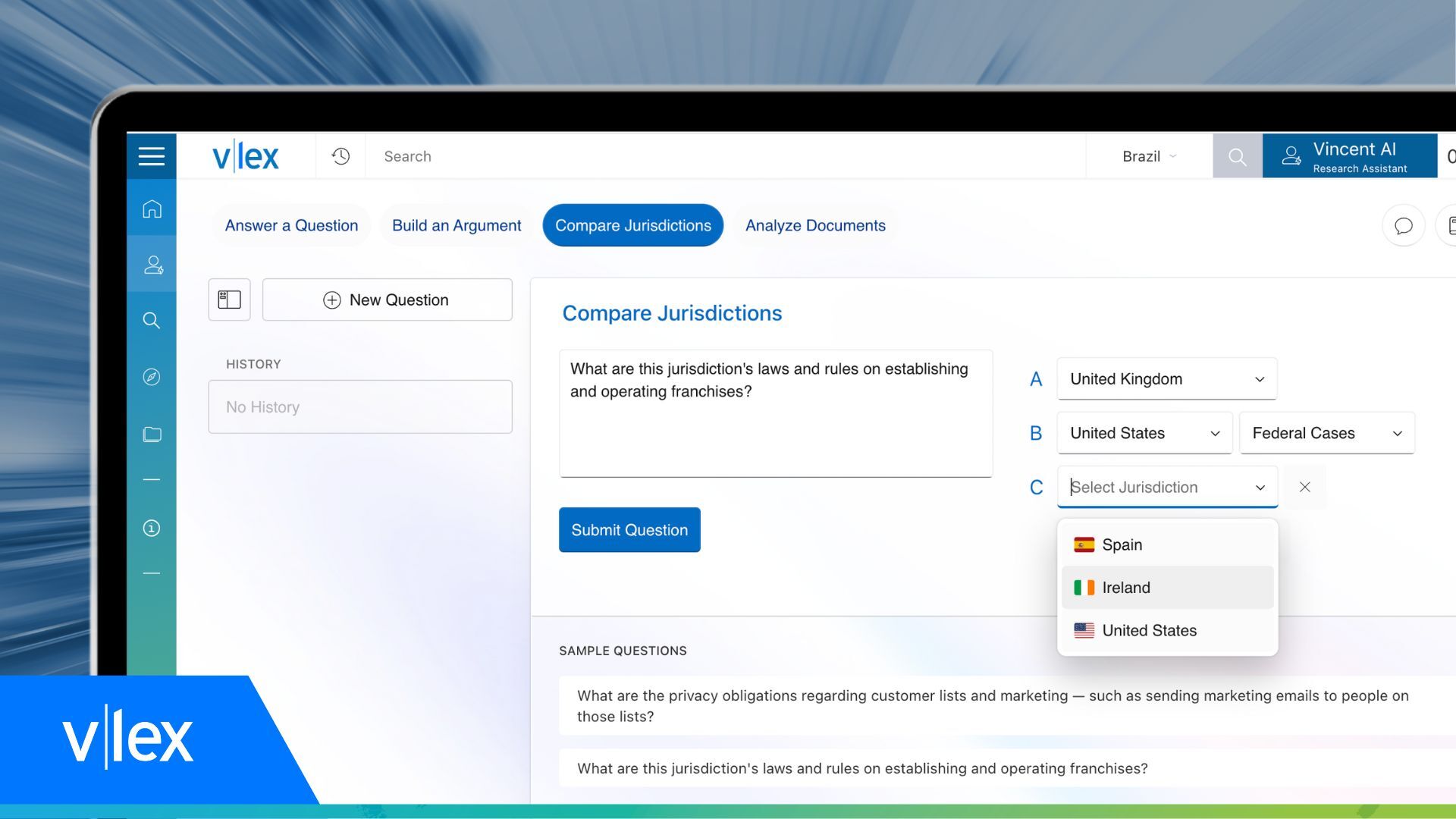Criminals’ Hard Luck Stories Don’t Sway Justice Thomas
At his confirmation hearing 20 years ago for a seat on the U.S. Supreme Court, Clarence Thomas told of how he could identify with prisoners he saw arriving at his appeals court. Thomas told senators he told himself, “But for the grace of God, there go I.”
But Justice Clarence Thomas’ rulings in criminal justice cases are based on the need for defendants to suffer the consequences for their actions, rather than empathy, court watchers tell USA Today. Indeed, Thomas is becoming known for his tough-love approach.
The newspaper cites some examples. This spring, Thomas dissented when the Supreme Court ruled for a convicted drug dealer who said his efforts to rehabilitate himself should be taken into account at sentencing. He also wrote an opinion rejecting an exonerated inmate’s quest for damages, and another turning down an inmate’s ineffective assistance claim based on his lawyer’s failure to introduce evidence of psychological problems.
In the ineffective assistance case, Thomas spoke with disapproval about an “infatuation with ‘humanizing’ the defendant,” the newspaper says.
In other cases, Thomas is most aggressive in seeking to overturn past rulings. “After two decades, Thomas remains the most controversial justice, and most conservative,” USA Today says.



